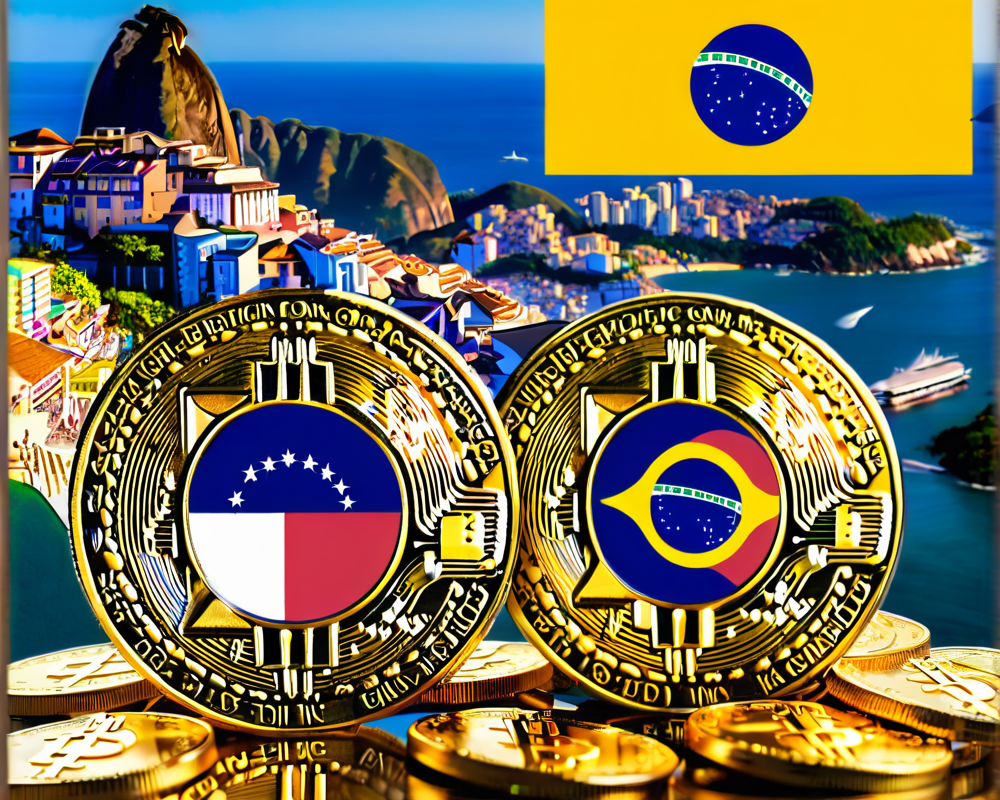The Fintech Paradox
In a world where innovation is the golden child of progress, fintech has emerged as both a beacon of hope and a harbinger of concern. A recent survey from the United States Depository Trust and Clearing Corporation (DTCC) reveals that 20% of respondents now see fintech as a systemic risk to the global economy, up from 15% last year. It seems the more we embrace this tech-savvy world, the more anxious we become about its potential pitfalls.
What’s Behind the Growing Anxiety?
Stephen Scharf, DTCC’s Managing Director and Chief Security Officer, articulates a sentiment that resonates with many seasoned financial professionals: as we introduce cutting-edge technologies such as blockchain, artificial intelligence, and cloud solutions, we must tread carefully. Scharf notes, “The growing awareness of potential risk highlights the need to evaluate risks and rewards associated with fintech initiatives.” So, what are these risks that keep financial wizards up at night?
- Market Volatility: The wild fluctuations in the value of cryptocurrencies often resemble a rollercoaster ride that nobody signed up for.
- Security Threats: With every shiny new app comes a multitude of security vulnerabilities—hackers must be licking their lips at the thought!
- Regulatory Compliance: Navigating the murky waters of regulatory requirements can give any fintech startup a headache, especially as laws and norms struggle to keep up with technology.
Contrasting Views from Financial Heavyweights
Fintech and cryptocurrency often face skepticism from traditional finance leaders. For instance, a notable executive from the European Central Bank (ECB) labeled Bitcoin as the “evil spawn of the 2008 financial crisis.” If that’s not a scary title, I don’t know what is! And it gets juicier—Andreas Utermann, the CEO of Allianz, boldly suggested that crypto assets should be “outlawed” during a recent London panel. Talk about dropping the mic!
Andrew Bailey, head of the UK’s Financial Conduct Authority (FCA), echoed this sentiment, stating that cryptocurrencies lack “intrinsic value.” We might be seeing a theme here: traditional finance isn’t ready to roll out the welcome mat for these digital assets.
Is Fintech the Future or Just a Fad?
As we ponder the fate of fintech, one must ask: Are we looking at the future of finance or just a flash in the pan? The truth is, the fintech landscape is as exciting as it is risky. On one hand, fintech promises efficiency, accessibility, and innovation, but on the other, it introduces instability that could ripple through the economy. It’s like trying to enjoy a thrilling adventure movie while recognizing that the main character might just meet a tragic end!
Conclusion: Walking the Fintech Tightrope
Fintech is undoubtedly a double-edged sword, and as we heartily embrace innovation, we must remain vigilant about its consequences. The need for a balanced approach is clear: leverage the benefits of fintech while safeguarding the financial ecosystem. It’s a precarious dance, and whether we step in time or stumble could affect everyone from investors to everyday consumers.




